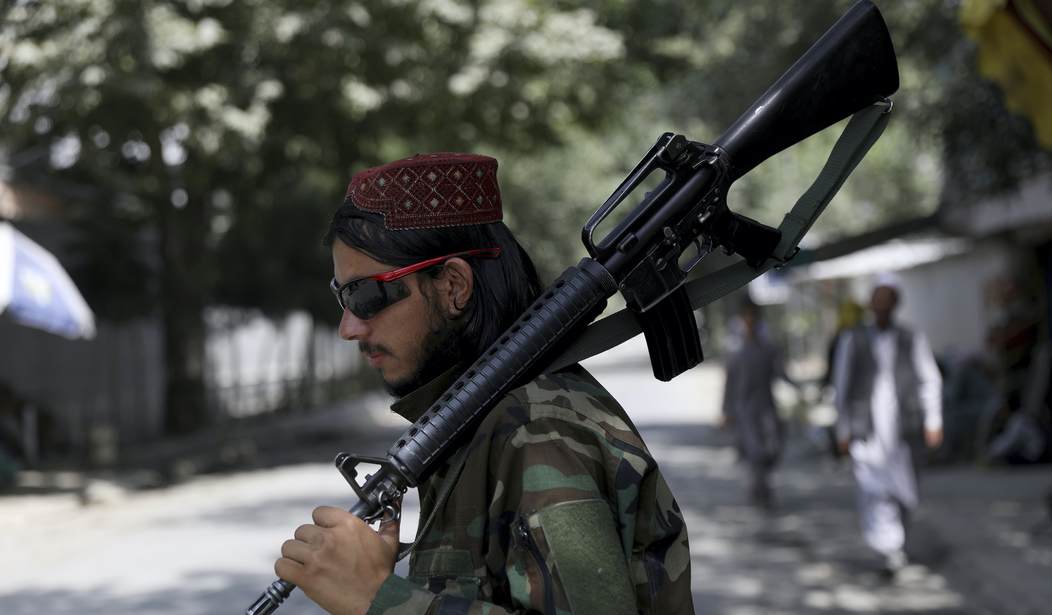On Thursday, President Joe Biden said in his speech condemning the deadly suicide bombing at the Kabul airport which left 13 U.S. service members and countless Afghans dead:
“To those who carried out this attack, as well as anyone who wishes America harm, know this: We will not forgive,” the president said. “We will not forget. We will hunt you down and make you pay.”
After many days of disastrous calls and mixed messaging, the American people have lost confidence in Biden’s handling of this Afghanistan crisis of his own making.
Which makes this retaliatory strike all the more surprising.
From the AP:
Acting swiftly on President Joe Biden’s promise to retaliate for the deadly suicide bombing at Kabul airport, the U.S. military said it used a drone strike to kill a member of the Islamic State group’s Afghanistan affiliate Saturday.
The strike came amid what the White House called indications that IS planned to strike again as the U.S.-led evacuation from Kabul airport moved into its final days. Biden has set Tuesday as his deadline for completing the exit.
Biden authorized the drone strike and it was ordered by Defense Secretary Lloyd Austin, a defense official said, speaking on condition of anonymity to provide details not yet publicly announced.
This attack plan was set in motion less than two days after the attack at the Kabul airport. Aside from information that the airstrike was launched from parts beyond Afghanistan, the United States Central Command reported that the drone strike was organized in Nangahar province, against an ISIS member believed to be involved in planning attacks against the United States in Kabul.
CentCom spokesman Navy Capt. William Urban said this individual was killed, and he believed that no civilians were harmed in this strike. Few other details were given, and it is unclear whether this ISIS member was involved in the actual bomb strike at Kabul airport.
The speed with which the U.S. military retaliated reflected its close monitoring of IS and years of experience in targeting extremists in remote parts of the world. But it also shows the limits of U.S. power to eliminate extremist threats, which some believe will have more freedom of movement in Afghanistan now that the Taliban is in power.













Join the conversation as a VIP Member